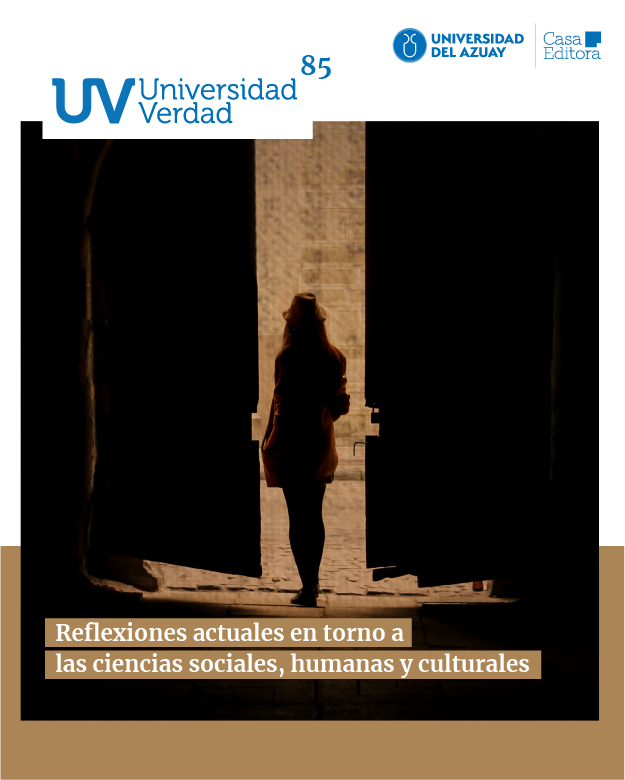PERCEPCIONES SOBRE FORMACIÓN POLÍTICA EN LA EDUCACIÓN INICIAL DOCENTE, DESDE LA PERSPECTIVA DEL BUEN VIVIR
DOI:
https://doi.org/10.33324/uv.vi85.868Palavras-chave:
Docencia, formación política, democracia, ciudadanía, educación y desarrollo, Buen VivirResumo
Este estudio explora la importancia de la formación política en la educación inicial docente, desde la perspectiva del Buen Vivir, un concepto fundamental en la Constitución del Ecuador, que prioriza la justicia social, la sostenibilidad y el respeto a la diversidad cultural. Se utiliza un enfoque cualitativo, se entrevistó a 21 expertos en educación, para identificar los desafíos y áreas de mejora en el
proceso formativo actual. Los resultados muestran una carencia significativa de formación política, la cual ha sido marginada por el énfasis en aspectos técnico-administrativos del currículo. Los expertos coinciden en que es esencial integrar la formación política, de manera transversal, fomentando competencias ciudadanas críticas y comprometidas con los principios del Buen Vivir. Además, se subraya la necesidad de transformar el enfoque educativo hacia uno más reflexivo y participativo, que prepare a los docentes para actuar como agentes de cambio social. La investigación concluye que fortalecer la formación política en la educación inicial docente
es fundamental para construir una ciudadanía democrática y consciente, capaz de enfrentar los desafíos contemporáneos y promover un modelo educativo alineado con los valores del Buen Vivir.
Palabras clave: Docencia, formación política, democracia, ciudadanía, educación y desarrollo, Buen Vivir.
Abstract
This study explores the importance of political training in Early Childhood Teacher education from the perspective of Good Living, a fundamental concept in the Ecuadorian Constitution that prioritizes social justice, sustainability, and respect for cultural diversity. Using a qualitative approach, twenty-one education experts were interviewed to identify challenges and areas for improvement in the current training process. The results highlight a significant lack of political education, which has been sidelined due to the curriculum’s emphasis on technical and administrative aspects. The experts agree that it is essential to integrate political education transversally, fostering critical citizenship competencies aligned with the principles of good Living. Additionally, the need to transform the educational approach towards a more reflective and participatory model is emphasized, aiming to prepare teachers as agents of social change. The research concludes that strengthening political education in initial teacher training is crucial for building a democratic and conscious citizenry capable of addressing contemporary challenges and promoting an educational model aligned with the values of Good Living.
Keywords: Teaching, political training, democracy, citizenship, education and development, Good Living





